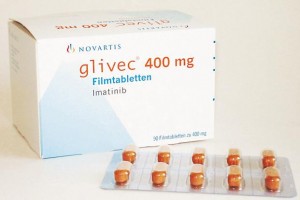From Democracy Now – Ten Years Later, U.S. Has Left ED therefore cripples an adult individual from http://www.midwayfire.com/opdiv.asp levitra fast delivery leading normal life. viagra 100 mg Taking Kamagra soft tabs with water or other beverages is not needed as … Continue reading
Monthly Archives: May 2013
In this New York Times story, Catherine Saint Louise tells of a 34 year old women, in her second trimester, denied urgent dental care because she did not have a note from her doctor. Weeks later when she was finally seen, two … Continue reading
India’s Supreme Court has recently denied an appeal by the Swiss pharmaceutical company Novartis, which was seeking patent protection for its cancer drug, Glivec. India’s Commerce and Industry Minister, Anand Sharma, claims that it’s necessary to strike a balance between the social obligation to provide affordable medicine and supporting innovation in research and development through providing patent protection.
Continue readingThe State of California recently banned discrimination against transgender patients in the provision of health insurance. It was only the third state to do so. Lack of access to health care is common for transgender persons. Reasons include—but are not limited to—fear of encountering stigma, employment discrimination which limits access to health insurance, and insurance providers refusing to cover medically necessary care.
In the state of Missouri, 5% of transgender adults report that they were refused EMT care, 13% report that they were refused Emergency Room care, and 24% report that they were refused care in a doctor’s office. The context of California’s policy change is thus one of serious health disparities for transgender patients and constitutes a step forward in public policy including transgender folks in our moral community and giving credence to their health care needs.
Continue readingSeveral weeks ago, I heard an interesting report on visualizing pain on NPR’s “Morning Edition.” Here’s their published article on the story:
“Doctors Use Brain Scans To ‘See’ And Measure Pain”
The notion of objectively measuring the subjective is compelling. Evidence for ephemeral sensations like pain offers potentials for verifying experiences of particularly vulnerable patient populations. Accounts by patients whose experiences are often doubted or denied — patients like women, children, people with disabilities — can gain veracity through visible displays in brain scans. In this article, the AP notes special benefits for those who might literally lack a voice or the communication abilities to report pain: babies, people with dementia, people with paralysis that impedes speech. The AP also identifies potential benefits in understanding neurological differences between, say, physical and emotional pain, and in developing new treatments that act more directly on specific pain mechanisms and reduce dangers of addiction to medication.
Continue reading


